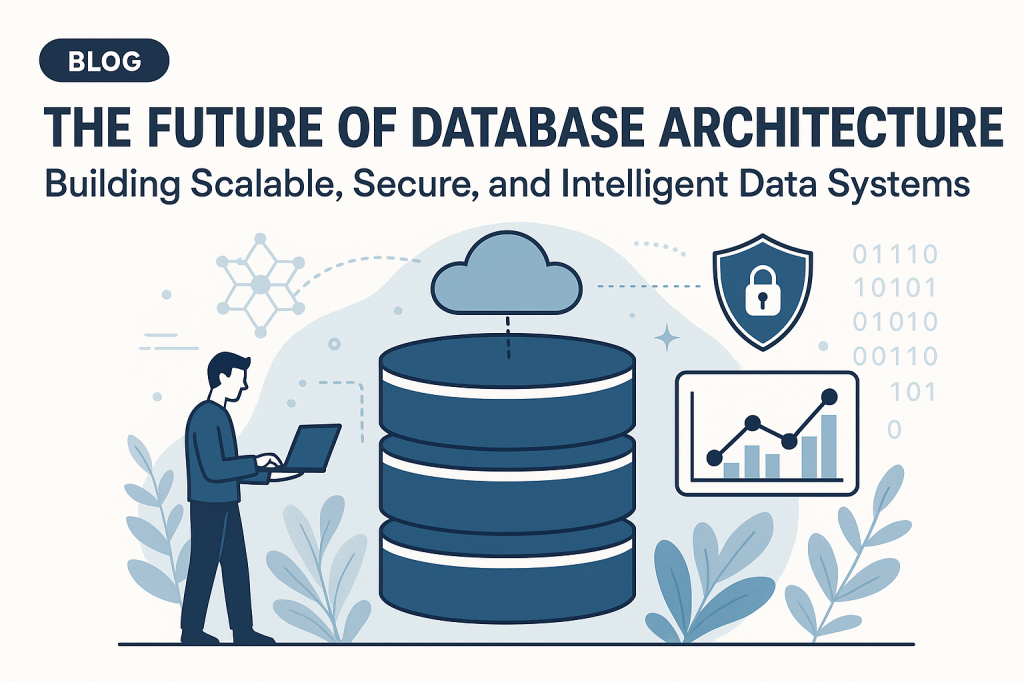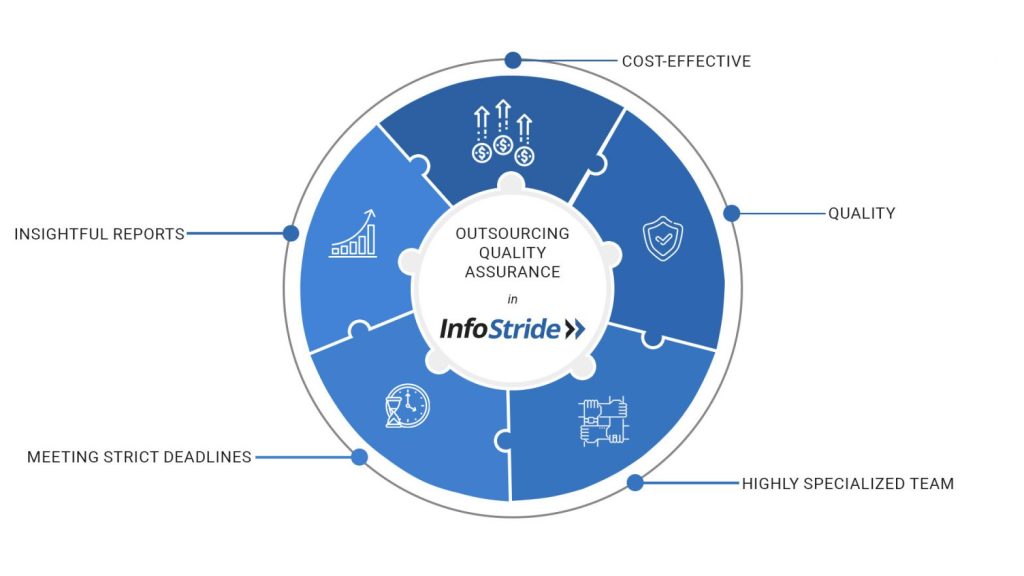Considering the benefits hybrid app development provides over native app development in terms of budget saving, it is easy to understand why businesses go with hybrid apps to build their mobile presence and expand user base.
But the real struggle begins when it comes to choosing the ideal cross-platform framework to build hybrid apps. And it’s no surprise – Flutter is being considered over other traditional frameworks for hybrid app development in 2021.
In this post, we’ll walk you through everything you need to know what makes Flutter an ideal cross-platform framework for hybrid app development. But let’s first begin with a short introduction to Flutter and the reason behind its popularity.
What is Flutter?
Flutter by Google is a free and open-source cross-platform framework for building native-like applications across numerous platforms including web, mobile and desktop using a single codebase.
From startups to Fortune 500 companies – Google, Alibaba and The New York Times, Flutter is being used over other hybrid app frameworks to launch apps in the shortest possible time at a fraction of the cost.
Also, Flutter ranked at the top 3rd position in the list of the most loved framework by developers.
Dart – The Reason Behind the Rising Popularity of Flutter
Flutter was introduced with the goal to make the whole app development process faster while targeting multiple platforms to reach a broader market. To achieve that, Flutter uses Google’s own programming language – Dart as it can be used to develop mobile, web, desktop and server applications.
Rather than deploying separate teams for building high-performance apps for each platform, Dart empowers you to deploy only one team to develop apps that provide native performance for all platforms at once.
Above all, Dart has an easy learning curve. It has a similar syntax to Java, JavaScript and Swift, making it easy for developers to understand and learn Dart quickly.
Thanks to the amazing features that Dart programming language has to offer, Flutter is being considered for hybrid app development as well. In the coming sections, we’ll go deeper into what features makes the Flutter an ideal cross-platform framework to build hybrid apps.
Top 5 Features that Make Flutter Ideal for Hybrid App Development
Flutter comes with some of the most admired features that make it a preferable cross-platform framework for hybrid app development projects.
Here are 5 features that make developers and companies choose Flutter over other cross-platform app development frameworks.
1. Architecture
If there’s a need to use a bridge for interacting with native modules, it may lead to poor performance at several levels. Fortunately, Flutter doesn’t use a bridge to communicate with native modules, unlike the traditional frameworks that use JavaScript Bridges.
Flutter has most of the native modules in the framework itself. Therefore, it eradicates the need to search for any 3rd-party add-ons. As a result, performance is enhanced.
2. Hot Reload
At the core of any app development project, making changes is inevitable. What great advantage Flutter brings to developers is seeing the reflected changes to the code in real time.
In other words, it enables developers to make changes after fixing bugs, build user interfaces and adding functionalities to the application without running it every time. And what makes this possible is an amazing feature of Flutter – Hot Reload.
3. Fully Customizable Widgets
Another reason why Flutter is preferred as a cross-platform framework for building hybrid apps is the framework comes with a complete set of customizable widgets in Material Design for Android and Cupertino for iOS. It enables developers to build platform-centric UI/UX – which ensures a native-like experience to users.
4. Open-Source Packages
There are several free and open-source packages in the Flutter that enable developers to develop applications at a pace of technology. Some of the great packages are Flutter Ecommerce, Frideos_flutter, Youtube_player and Loading Animations.
Also, there is a decent community revolve around Flutter and developers add new packages and their works to the library on a constant basis – making this cross-platform framework more extensive and complicated tasks easier.
5. Firebase Usage as a Backend
With Flutter, developers are empowered to take advantage of all the perks of Firebase – similar to a native one. Above all, Flutter enables the development of reactive applications. And Firebase plugins provide reactive streams for working with data. As a result, developers can quickly integrate specific solutions into applications using Flutter.
Apart from these amazing Flutter framework features, there are numerous other reasons making companies and developers prefer Flutter to build Hybrid apps. Read on to find out!
Know more: Top 8 Apps Built with Flutter Framework
Why Use Flutter Framework for Hybrid App Development?
When developing hybrid apps, developers want a hassle-free way across every phase of a hybrid app development project. Fortunately, Flutter provides much more than that when compared to traditional cross-platform frameworks.
Let’s now get deeper into the benefits of using Flutter for a hybrid app development project.
Flutter Goes Beyond Mobile
Originally, Flutter was a mobile-focused SDK to develop native Android and iOS applications using a single codebase. However, with the release of Flutter 2, the framework is no longer just confined to building mobile apps but you can target any platform out there.
Have a look at the official announcement below:
“With Flutter 2, you can use the same codebase to ship native apps to five operating systems: iOS, Android, Windows, macOS, and Linux; as well as web experiences targeting browsers such as Chrome, Firefox, Safari, or Edge. Flutter can even be embedded in cars, TVs, and smart home appliances, providing the most pervasive and portable experience for an ambient computing world.”
This upgrade helps businesses target a broader audience in record-breaking time and minimal effort with hybrid app development using Flutter.
Flutter Accelerate Time-to-Market
The fact that Flutter uses a single codebase to build applications for virtually any platform added to its amazing hot reload feature makes the entire hybrid app development faster and a seamless experience for developers.
With the Flutter framework, there is no need to recompile the code every time you make a change. As a result, it can save almost 20-50% in terms of time that developers can focus on building other business-related functions.
Support for Multilingual
Flutter has simplified the process of making applications accessible to a broad range of users with in-built support for 78 languages and other related aspects such as currencies, dates, units of measure, layout options and others.
By empowering the target users to access your mobile application in their preferred language, you can gain a competitive edge over the competitors.
Flutter Means Lower Development Cost
Typically, businesses – especially startups and small businesses don’t have a big budget to invest in any kind of app development. Numerous things come into the picture when it comes to development costs such as hiring a Flutter developer, marketing and others.
As Flutter makes use of a single codebase, it eliminates the need to deploy platform-specific developers. As a result, it lowers the overall hybrid app developer cost to a great extent.
Ensures High Performance
When it comes to hybrid app development, the biggest concern among businesses is the performance of the app. Well, you can have complete peace of mind knowing that Flutter comes with all the amazing widgets that ensure native-like performance across all the target platforms.
As mentioned above also, Flutter enables customizing widgets and it furthers empower developers to go one step further to enhance the performance of the application.
Support from Google and Community
Since Flutter is developed by Google and Google’s mainstream apps are developed using the Flutter framework, you can expect constant support for this technology. It will just keep enhancing day by day to speed up the entire app development process. Moreover, Flutter is gaining immense popularity among developers with 128k stars on GitHub – as of now.
Ideal for MVP development
One of the major reasons why businesses choose Flutter for hybrid app development is to showcase MVP to potential investors. Rather than building platform-specific applications, Flutter enables developing applications for target platforms at once – saving you both valuable time and resources.
After being released, a hybrid MVP can be assessed and accordingly all issues can be resolved with future enhancements. As a result, it helps reduce the time and cost of the development compared to building native apps.
Flutter vs. Other Hybrid App Development Frameworks
According to Google Trends, there’s a surge in searches related to Flutter when compared with other hybrid app development frameworks such as React Native, Ionic and Xamarin. It has made apparent that Flutter app development is more in trend all over the world.
So, let’s have a look at why Flutter is more in trend than other frameworks:
Flutter vs. React Native
React Native uses JavaScript as a programming language to build an application and it uses a bridge to communicate with native components such as GPS and camera. And this three-step procedure may affect the overall performance of the app.
On the other side, Flutter doesn’t need a bridge to interact with native components. Therefore, apps built using Flutter run faster than apps developed using React Native.
Flutter vs. Ionic
Flutter has excellent mobile performance and the reason being it comes pre-packed with app-oriented widgets and libraries. On the other hand, Ionic uses web technologies that result in lowering the app performance.
Flutter vs. Xamarin
When it comes to building applications that support heavy graphics, Flutter beats Xamarin. Moreover, the Hot Reload feature of Flutter that’s missing in Xamarin makes the whole hybrid app development process quite fast.
Read in Detail: Dart / Flutter vs. Swift / Native iOS – Which One is better?
Need Expert Advice Before Hiring Flutter Developer?
At InfoStride, we have different engagement models to hire Flutter developers on an hourly, monthly, full-time and project basis for your application development needs.
Our remote team of developers available to hire is pre-vetted and well-trained to give an immediate contribution to your business success. You can rest assured that they are also well-equipped with the necessary resources to start working on your projects according to your timeline.
You can even count on us to avail of expert guidance on choosing the right technology stack for your development projects. Contract our experts today for your needs.
Conclusion
Witnessing continuous support from Google and increasing popularity among developers and companies worldwide, Flutter is definitely a strong competitor to the traditional frameworks for app development.
With the release of Flutter 2.2, the framework is going to enjoy more popularity among developers as well as businesses. The new version brings features such as payment & in-app purchases plugin, Material You (support for larger screens), automated scrolling and an improved web platform. So, one thing is apparent that Flutter will rule the mobile app development industry.
What do you think will Flutter replace the older hybrid app development frameworks in the future?
THE AUTHOR
Infostride










